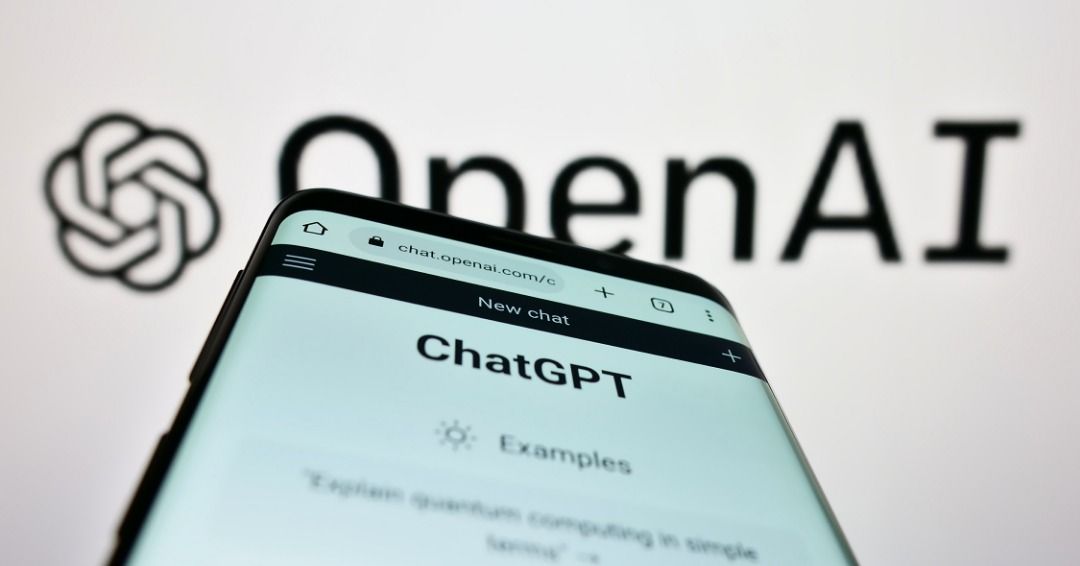What is ChatGPT & How Does it Work: The Simple Version

Artificial intelligence has been making tremendous strides in recent years, with generative AI at the forefront of revolutionary technology.
One prominent player in this field is OpenAI, an artificial intelligence research business that has garnered significant attention for its product known as ChatGPT.
It'a also important to differentiate between AI models like ChatGPT and applications that use those AI models, like popular AI writing tools Lyla.ai & Jasper.
In this article, we will delve into what ChatGPT is and explore its workings from a technical standpoint.
Understanding Generative AI
Before we delve into the specifics of ChatGPT, it's essential to grasp the concept of generative AI.
Generative AI refers to artificial intelligence systems that can generate new content rather than solely analyzing or acting upon existing data.
This ability sets generative AI apart from other branches of artificial intelligence. On a more technical level, ChatGPT uses a deep learning model called a transformer.
Transformers are a type of neural network architecture that have revolutionized the field of natural language processing.
They work by using self-attention mechanisms, allowing them to capture dependencies between words in a sentence more effectively than previous models. This enables ChatGPT to understand and generate coherent and contextually relevant responses to user input.
That's about as technical of an explanation I can give here. Otherwise, you're brain might explode 🤯
OpenAI and Its Revolutionary Technology
OpenAI, founded by Sam Altman and Elon Musk (who stepped down in February 2018) in 2015, was initially established as a nonprofit organization aiming to advance digital intelligence for the betterment of humanity.
Their focus on generative AI has brought them to the forefront of technology innovation. One notable example of their work is DALI, an AI software capable of generating photorealistic images based on simple text descriptions.
Enhancing Language Skills with ChatGPT
ChatGPT demonstrates remarkable language skills beyond mere conversation.
It corrects grammar errors, condenses complex texts into simpler concepts, translates movies into emojis for quick understanding, and even assists in debugging Python code. Here is a list of some of the cooler things it can do:
- Generate creative and engaging storylines for video games
- Write realistic and relatable dialogue for characters in movies or TV shows
- Assist with proofreading and editing written content, ensuring clarity and coherence
- Provide in-depth explanations of complex concepts in a simplified manner
- Engage in philosophical discussions, offering thought-provoking insights
- Help brainstorm ideas for writing projects or creative endeavors
Overall, ChatGPT is an invaluable tool for anyone looking to enhance their language skills and unlock new levels of creativity.
This versatility showcases the broad potential of ChatGPT beyond typical conversation applications.
ChatGPT's powerful functions are also accessible via API, and developers have built some amazing AI writing tools that further augments it's power.
Training and Learning for ChatGPT
To achieve its impressive capabilities, ChatGPT is trained using extensive amounts of text data from diverse sources. OpenAI employs reinforcement learning from human feedback (RLHF) during the training process.
Through this technique, ChatGPT can learn and adapt based on interactions with users, continuously improving its conversational abilities.
ChatGPT vs Davinci
ChatGPT and Davinci are two prominent language models developed by OpenAI. While both models excel in language skills, they have distinct characteristics that set them apart.
ChatGPT is specifically designed for interactive conversations, aiming to provide more user-friendly responses. It focuses on engaging in back-and-forth discussions, offering a conversational experience akin to chatting with a human.
On the other hand, Davinci is known for its creative writing abilities and longer-term coherence. It can generate more detailed and nuanced responses that exhibit a higher level of understanding and context retention.
Ultimately, the choice between ChatGPT and Davinci depends on the specific task at hand. If you require more interactive conversations or shorter responses, ChatGPT would be the ideal choice.
Ethical Implications of ChatGPT
While ChatGPT holds great promise, it also presents ethical concerns and challenges to society. One immediate impact was the overwhelming demand encountered by OpenAI when over a million users signed up within just five days of its launch.
Additionally, there are doubts about the accuracy and reliability of ChatGPT's responses due to limitations in its knowledge base.
The Threats Posed by ChatGPT
ChatGPT raises several disconcerting threats as well. Some individuals have exploited its capabilities to cheat on exams or create unethical content that bypasses moderation guidelines.
Concerns are also arising about potential job displacement caused by generative AI systems like Dali replacing human labor in fields such as photography and journalism.
Progress Towards Improvement
OpenAI acknowledges these limitations and challenges posed by ChatGPT's launch. They are actively working towards fixing loopholes and vulnerabilities identified through user feedback and experiences thus far.
The development of the moderation API demonstrates their commitment to counteracting misuse of generative AI technology.
Future Implications and Speculations
Despite the concerns surrounding it, many within the tech community foresee a bright future for ChatGPT and generative AI at large.
Some believe that as generative AI evolves further, it could challenge industry giants like Google by providing more accurate answers to user queries without trudging through ads. Speculations about potential monetization models, such as cost per question or microtransactions, have also arisen.
Final Thoughts
The rise of generative AI, exemplified by ChatGPT, is rapidly transforming how we interact with the internet and AI-driven systems.
While it offers incredible potential in various domains, careful consideration of its ethical implications and challenges is critical to ensuring a responsible and beneficial integration into our society.
As OpenAI continues to refine and enhance ChatGPT based on user feedback, the future of generative AI remains both exciting and uncertain.